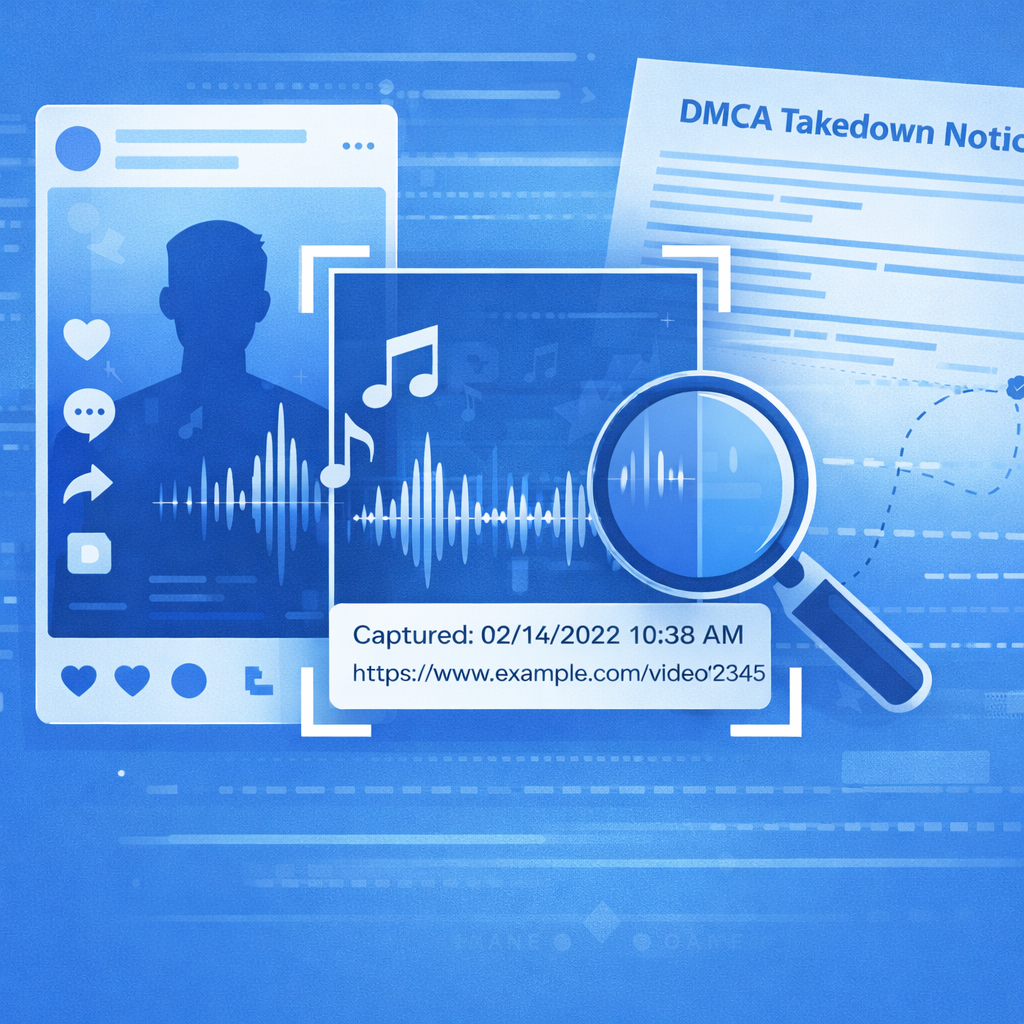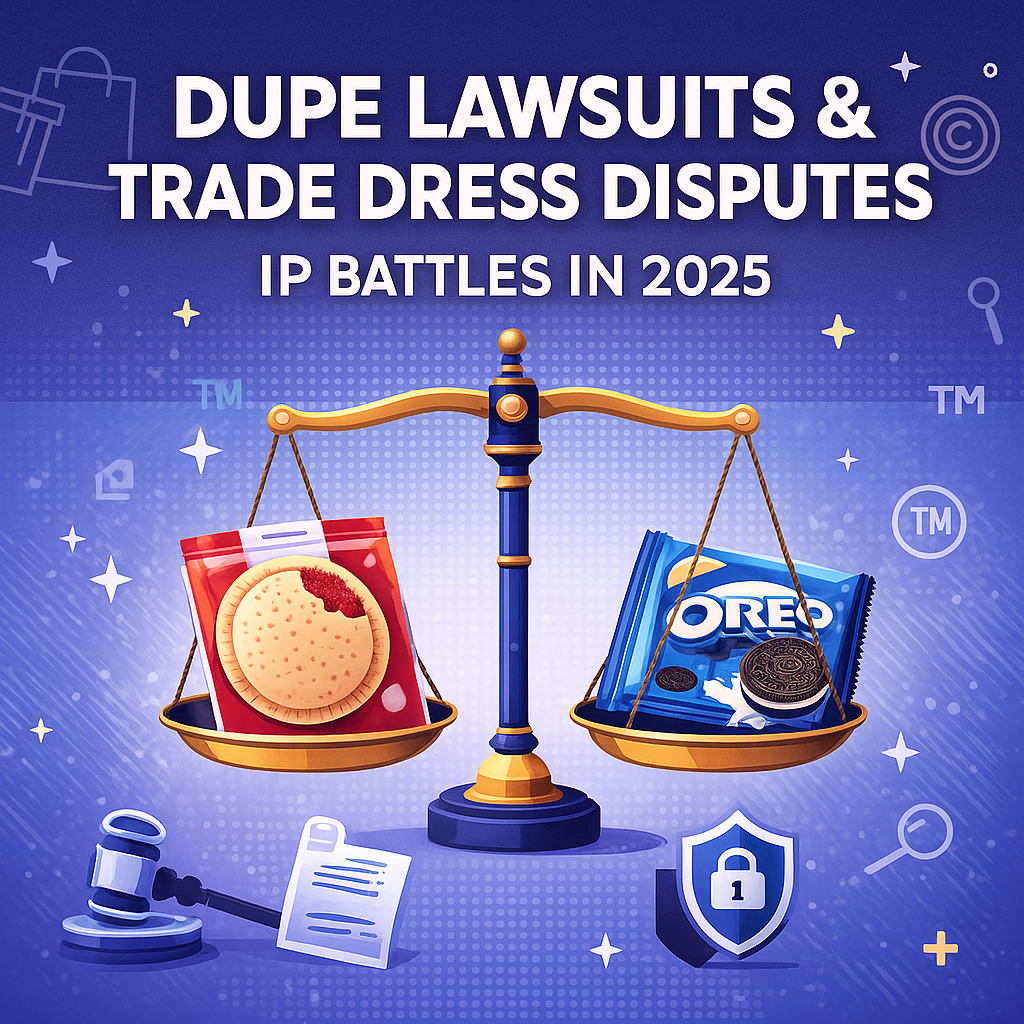How Page Vault Helps Counsel for Brands Preserve Critical Social Media Evidence Before Sending Copyright Infringement Takedown Notices
Last Updated February 2026
For brands and influencers, social media is the ultimate double-edged sword. On one side of the blade, social media's scope, reach, and immediacy allow for unprecedented access to consumers around the globe and vast opportunities to build an audience and market their products and services.
However, the flip side of the social media sword is the legal exposure that can arise when copyrighted songs are used without proper synchronization licenses.




.png)
.png)
